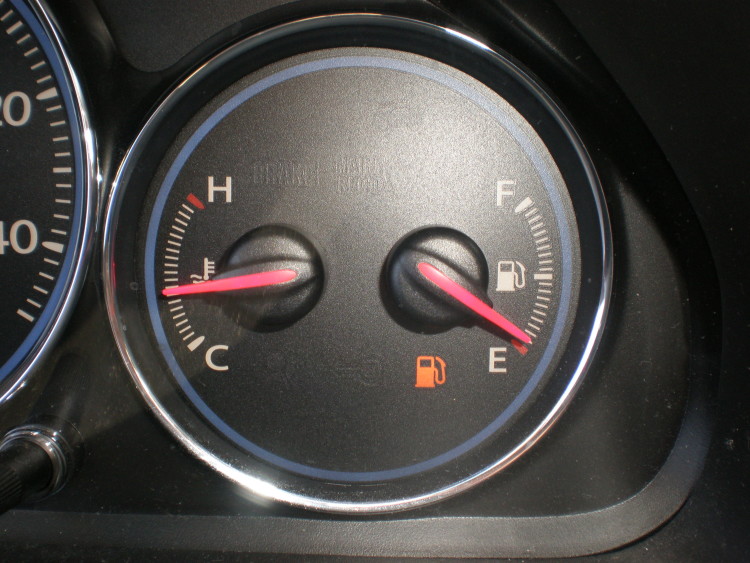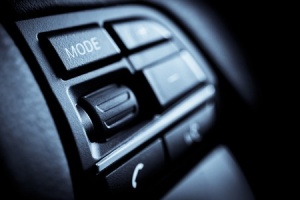What Causes my Car to Overheat?
 Most of the dials on a person’s dashboard are easy to understand and interpret. Everyone knows what makes your speedometer increase and your fuel gauge decrease, but what about your car’s temperature gauge? What causes the dial to creep up towards the big “H”?
Most of the dials on a person’s dashboard are easy to understand and interpret. Everyone knows what makes your speedometer increase and your fuel gauge decrease, but what about your car’s temperature gauge? What causes the dial to creep up towards the big “H”?
There are three main reasons why a car might overheat. They are:
- Loss of coolant
- Inability of the coolant system to get rid of excess heat
- Excess heat in the engine
We’ll examine common problems that cause all three of these issues.
Loss of coolant
Coolant helps regulate the heat in your car. If your coolant is empty, certain parts will begin to “run hot”. If your car’s internal systems begin to overheat, it can cause serious and expensive damage. Leaks in your water pump, radiator, hoses, gaskets or plugs can lead to the loss of engine coolant. Another simple reason why your car may be leaking coolant is because your radiator rap is loose, which allows coolant to spill out. These are usually the first places a mechanic will check to identify the problem with your heating system.
Inability of the coolant system to get rid of excess heat
If the coolant system is unable to flush out the heat produced by the engine, your car will begin to overheat. This usually occurs because there is a clog in the cooling system. Deposits in your cooling system can develop over time, so it’s important to make sure you get routine diagnostics tests. A mechanic will attempt to de-clog the system by doing what is called a “reverse flush”. If your system is extremely clogged, it may be wiser to have the system replaced.
Excess heat in the engine
A working engine typically coverts about one third of the energy derived from the combustion of fuel into work that powers the vehicle. That means about two thirds is converted into heat, which needs to be removed from the engine. Half of the heat in the engine exits the vehicle through the exhaust pipe, while the other half is removed by the coolant. If all the hoses and fluid levels are in working order and your engine is still overheating, you might want to check what type of coolant you are using. Generally speaking, a 50/50 coolant-to-water ratio is recommended. You should double check to make sure the coolant you use has the proper ratio as specified in your owner’s manual.
-
Study: Voice Activated Car Control Can Prove Distracting
 Oct 8, 2014
Oct 8, 2014Two new studies focused on analyzing how onboard voice controlled automobile features affect the driver suggest that even managing your smartphone or radio with just your voice can prove distracting. Voice activated automobile controls were marketed as a way to keep a driver’s eyes on the road while a person attempted to send a text […]
-
When Should you Change your Oil?May 10, 2013
There is a lot of confusion about how often you need to change the oil in your vehicle. Every 3,000 miles is a common benchmark that many people stand by. The truth is that the answer varies greatly based on several factors. Why do you Need to Change your Oil at All? Your engine requires […]
-
April Brings Us National Car Care Month
 Apr 1, 2015
Apr 1, 2015Despite posting this on April 1, we can assure you we’re not fooling you when we say that April is National Car Care Month. Taking care of your car is a yearlong task, from regular scheduled maintenance to DIY repairs, so why is there an extra emphasis on car care in April? Well, for starters, […]




